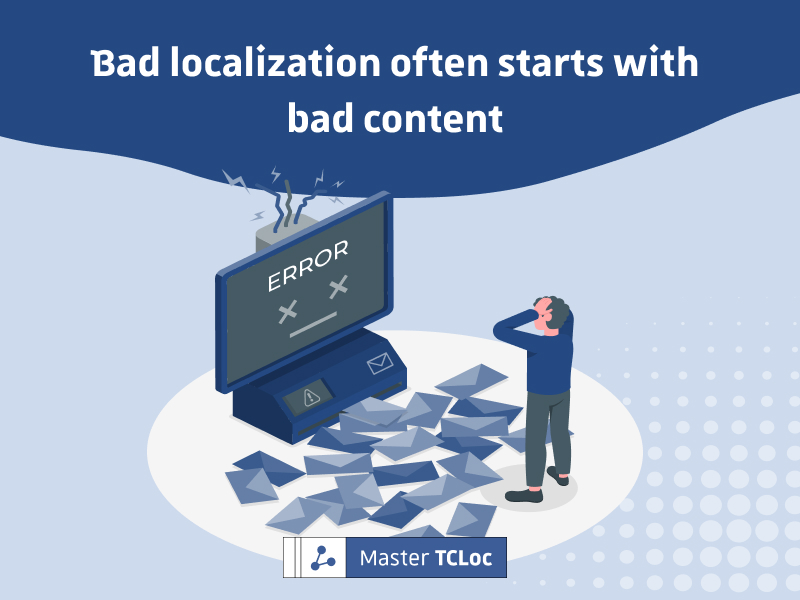As AI becomes increasingly accessible, ethical concerns have grown, especially in the areas of AI ethics related to localization and technical communication. Even before the advent of tools like ChatGPT, the implications of AI in these fields were significant.
AI and Ethics in Technical Communication and Localization
Numerous studies, particularly in Europe, have underscored the importance of ethical AI usage, especially concerning large language models (LLMs) that generate text. The subjective nature of text raises issues with the data used to train LLMs, as it can perpetuate discrimination, biased thinking, and other ethical concerns. This article explores key ethical principles to consider when integrating AI into your work, with a particular focus on European perspectives. However, these principles hold significant relevance on a global scale.
AI and Ethics according to the Council of Europe
In 2019, the Council of Europe began examining AI and human rights by creating the CAHAI (Ad hoc Committee on Artificial Intelligence). The CAI (Committee on Artificial Intelligence) later succeeded this committee and developed a framework that covers AI systems throughout their entire lifecycle, from start to finish. Recognizing the complexity and rapid evolution of AI technologies, the Council of Europe continues to engage in extensive research to understand their impact on human rights. For those interested in delving deeper into this subject, the Council offers access to several insightful studies, including:
In developing a legal and ethical framework for AI, the Council of Europe emphasizes nine key principles that must be taken into account:
1. Human dignity
2. Human freedom and autonomy
3. Prevention of harm
4. Non-discrimination, gender equality, fairness and diversity
5. Transparency and explainability of AI systems
6. Data protection and the right to privacy
7. Accountability and responsibility
8. Democracy
9. Rule of law
According to the Council of Europe, it is crucial that AI systems adhere to these ethical principles to ensure they are aligned with fundamental human rights. By adhering to the 9 values listed above, AI can be developed and utilized in ways that not only advance technological innovation but also protect and promote the values and rights essential to human society.
Trustworthy AI in the European Union
The European Union is committed to developing AI that is human-centered and trustworthy. The 2019 Ethics Guidelines for Trustworthy AI state that AI is trustworthy only if it follows four core ethical principles:
- Respect for human autonomy
- Prevention of harm
- Fairness
- Explicability
Moreover, the concrete requirements to achieve trustworthy AI include human agency and oversight, technical robustness and safety, privacy and data governance and transparency. Diversity, non-discrimination, and fairness, societal and environmental well-being as well as accountability also play a vital role. In 2020, the EU published the Assessment List for Trustworthy Artificial Intelligence (ALTAI), which allows organizations to self-evaluate the ethics of their AI usage. Furthermore, the EU’s ethical approach is reflected in the AI Act, which employs a risk-based classification system for AI.
Ethical Principles to Keep in Mind While Using AI
We have explored some global concepts that AI developers and organizations have to respect. But what can you do as a technical writer or a professional in the localization industry? With a better understanding of AI and ethics based on human rights, here are key points to remember:
- Human Agency and Oversight: Always check AI-generated results and modify them if needed.
- Privacy and Data Governance: Know where the data you input into AI systems is stored and how it’s used. Ensure that data privacy regulations are followed.
- Transparency: Do you know how your AI is trained and how it utilizes data?
- Diversity, Non-Discrimination, and Fairness: Avoid unfair bias at all costs!
Did you find this article helpful? Check out our Master Degree and join us!



